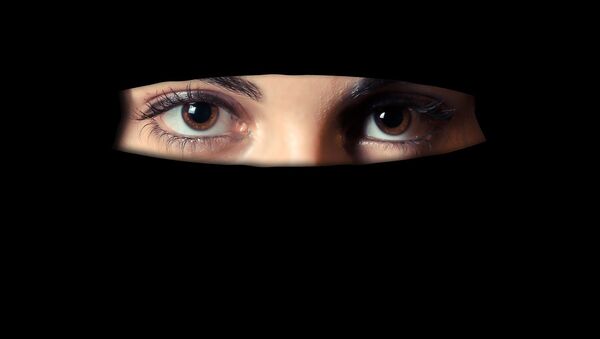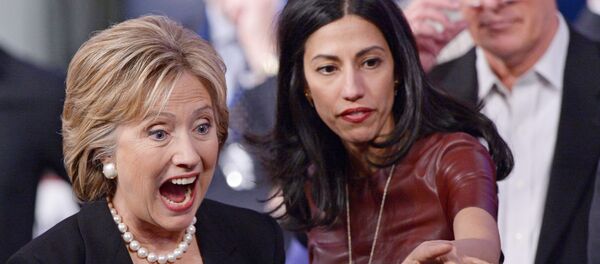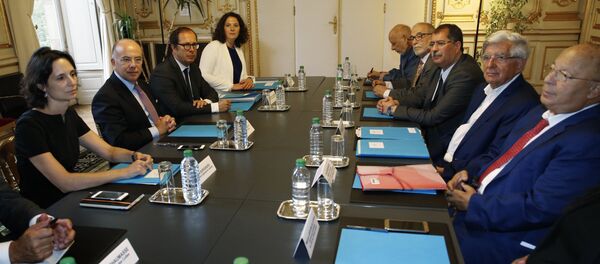The bill, initiated by Interior Minister Ronald Plasterk, has long been stirring debates in Netherlands as many believe it is primarily targeted against the country's religious minority. However, Prime Minister Mark Rutte refuted the accusations claiming that the bill had no such background.
According to Rutte, the legislation was introduced solely for security reasons and that it only applies in certain situations "where it is essential for people to be seen". It will still be allowed to wear burqas or other face-covering clothes items on the streets, he said.
Security reasons or not, the issue of freedom of religious expression remains, and this is what the bill's opponents rest upon.
The Dutch government said in a statement last year that it worked very carefully on keeping a balance between people's freedom to choose clothes for themselves and the significance of mutual and recognizable communication.
The founder of the anti-Islam opposition Freedom Party, Geert Wilders, referred to the nearly adopted law as "a step in the right direction," implying that the ultimate goal is the complete ban and promising to advocate for it if his party gets elected in 2017.
The Netherlands is not the first country in Europe to introduce such a bill. Burqa has been banned in France since 2010, with breachers facing a 150 euros fine. Belgium and some parts of Switzerland have followed in the steps of France and similar legislations have been debated in other parts of the region.




